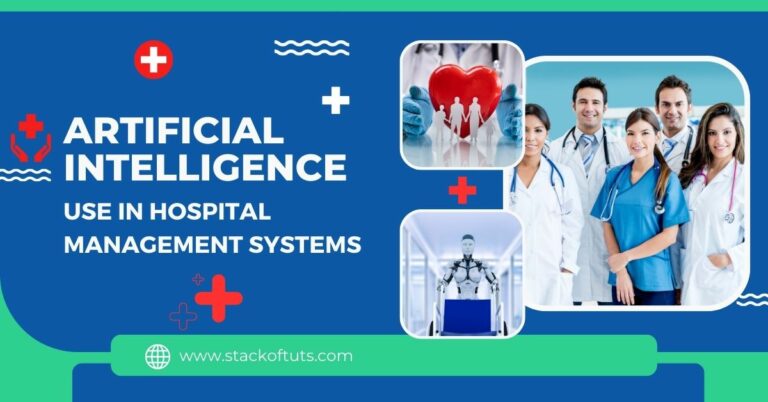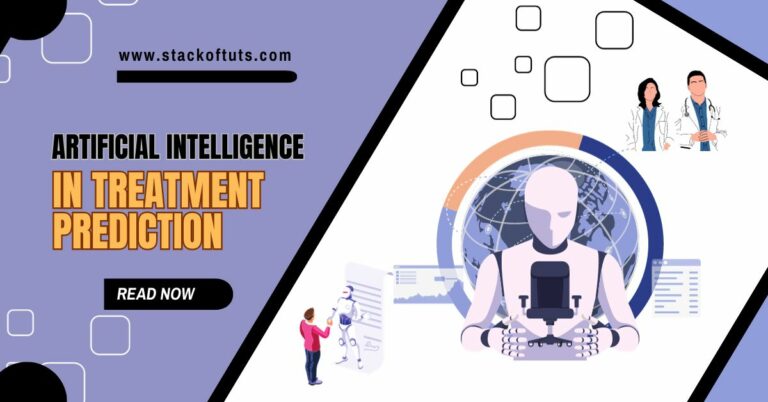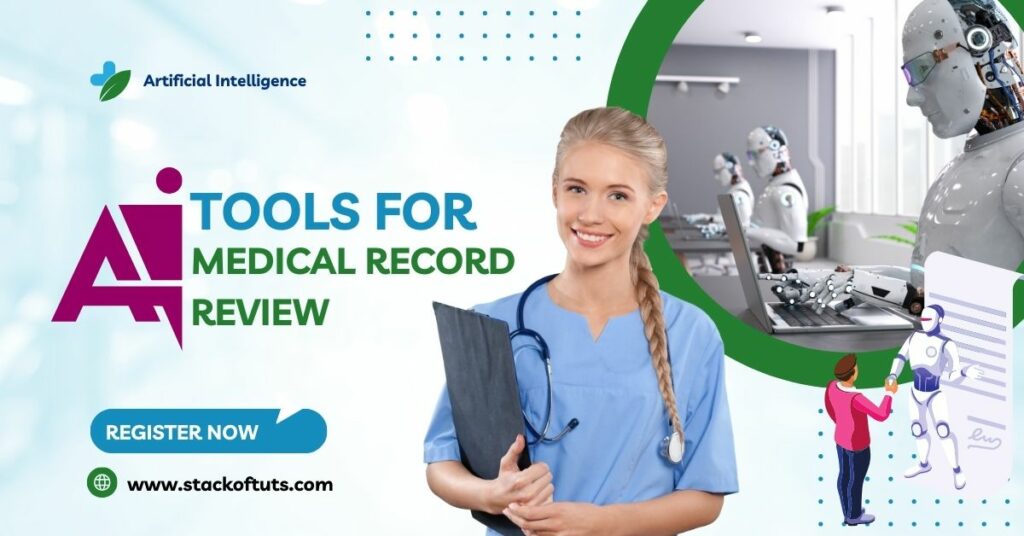
The healthcare industry has undergone digital transformation at an unprecedented pace, with artificial intelligence (AI) leading the charge, especially in the realm of medical record review. In 2024, an array of sophisticated AI tools has emerged, designed to streamline the meticulous process of medical record analysis, ensuring accuracy, efficiency, and compliance with the latest regulations. This guide meticulously curates the finest AI tools available this year, offering healthcare professionals a detailed overview to make an informed choice in adopting technology that best fits their needs.
AI-Enhanced Efficiency: Top Medical Record Review Tools
The following AI technologies are essential for medical record review due to their unique capabilities and user-friendly interfaces.
1). DeepScribe AI
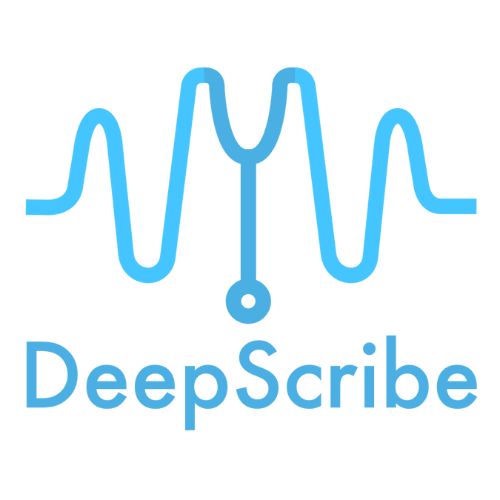
A leading tool that automatically transcribes and summarizes patient interactions, DeepScribe AI uses advanced natural language processing (NLP) to extract pertinent information, converting conversations into actionable medical notes. This level of automation reduces administrative burden and improves record accuracy.
2). PathAI
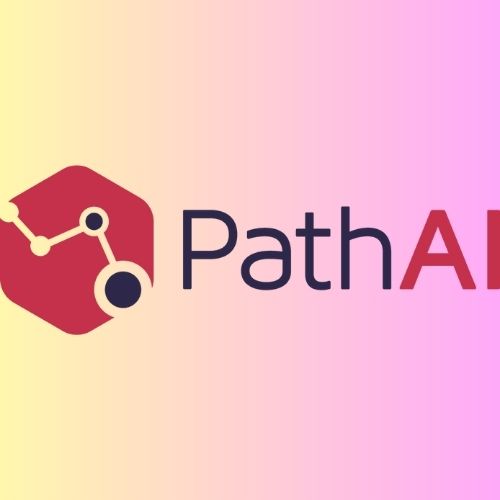
This tool revolutionizes pathology by using AI algorithms to assist in diagnosing diseases from pathology slides. It is particularly beneficial for identifying patterns in complex medical data, thus enhancing diagnostic precision.
3). Watson Health by IBM
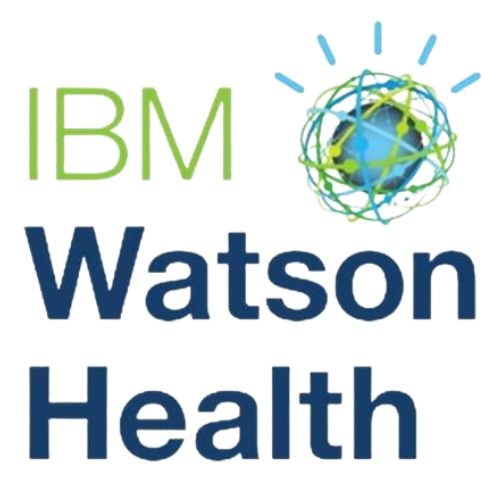
As a pioneer in the field, Watson Health delivers AI-powered insights derived from vast quantities of medical data. Its cognitive computing abilities assist in organizing patient data, yielding more comprehensive medical records.
4). Olive AI
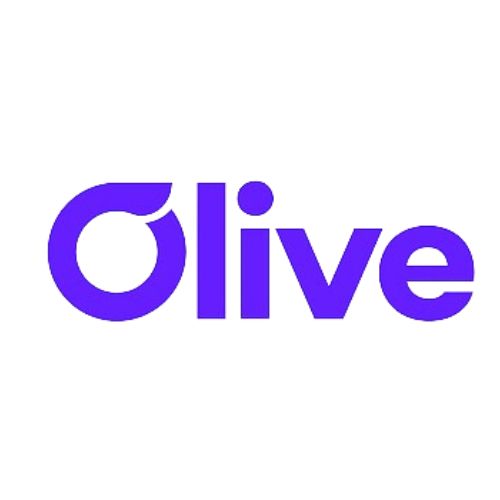
Olive AI focuses on automating repetitive tasks in healthcare. Its application in medical record review ensures seamless integration of data across multiple platforms, minimizing human error, and significantly speeding up the review process.
5). Aidoc

Recognized for its advanced imaging capabilities, Aidoc’s AI aids radiologists by flagging abnormalities in medical images. This tool is crucial for timely reviews and enhanced patient care.
In-depth analysis and Data Management
AI tools for medical record review simplify data collection and enhance the depth of analysis.
1. Nuance: This AI-driven software provides real-time intelligence to clinicians by analyzing both structured and unstructured patient data. It is an invaluable asset for detailed record-keeping and decision-making support.
2. Codoxo: Codoxo’s AI platform focuses on fraud detection and prevention in healthcare claims, a critical aspect of medical record review. It ensures that claims are accurate and compliant, safeguarding against costly errors.
Interoperability and Integration
A significant aspect of medical record review tools in 2024 is their ability to interoperate with various Electronic Health Records (EHR) systems.
- Epic Systems: While not exclusively an AI tool, Epic’s systems can be enhanced with AI modules for predictive analytics, which help in anticipating patient outcomes and streamlining medical record reviews.
- Cerner: Similar to Epic, Cerner’s EHR can integrate AI tools to facilitate comprehensive medical records, enabling healthcare providers to deliver personalized care.
Security and Compliance: AI Safeguards
With the increasing digitization of medical records, security remains a top priority. AI tools are equipped with advanced security features to ensure data protection and HIPAA compliance. AI is useful in privacy and data security.
Google Cloud Healthcare API: Employs AI to help bridge the gap between healthcare data and applications, ensuring secure data exchange and compliance with healthcare standards.
Enhancing Patient Outcomes with AI
Ultimately, the objective of utilizing AI in medical record review is to enhance patient outcomes. These tools facilitate a more holistic view of a patient’s medical history, allowing for personalized treatment plans.
Future of AI in Medical Record Review
The future of AI in medical record review is promising, with ongoing advancements leading to even more sophisticated tools. The integration of AI in healthcare is set to continue evolving, with a focus on predictive analytics and personalized patient care.
FAQs
AI in medical record review assists with extracting pertinent patient information, identifies patterns for diagnosis, and streamlines the data for better healthcare decision-making.
AI streamlines clinical documentation by automating data capture, facilitating accurate patient records, and enhancing the efficiency and quality of healthcare reporting.
AI’s future in healthcare promises personalized patient care through predictive analytics, enhanced diagnostic precision, and the automation of administrative tasks, revolutionizing treatment outcomes and healthcare delivery.
The best AI for medical diagnosis is widely considered to be IBM Watson Health, known for its advanced data analysis and evidence-based insights, assisting healthcare professionals in making faster and more accurate decisions.
Conclusion
As we navigate the complexities of healthcare data management, the AI tools of 2024 stand as testaments to innovation and improvement in medical record review. Healthcare professionals equipped with these tools are better positioned to offer quality care, backed by the most accurate and comprehensive data available.
Thanks!
